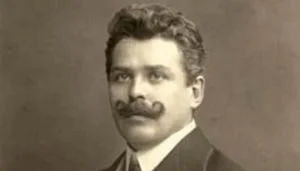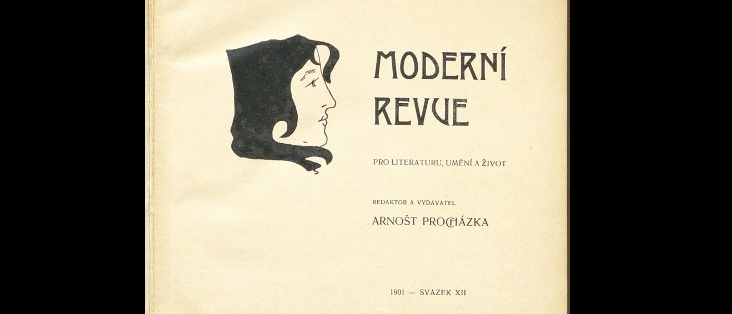Ervin Adam, a world-renowned Czech epidemiologist, died on 3/21/23 at the age of 101 in Houston, Texas. The doctor, who was instrumental in Czechoslovakia being the first country in the world to eradicate polio, went through several concentration camps during World War II because of his Jewish origin and survived a death march. From 1968 he lived in exile – first in Canada and later in the United States. In 2013 he received the prestigious Czech Head Award.
Jan Janský: Blood Types
Milan Štefánik: Slovak Astronomer and Aviator
Many know the life and legacies of Tomáš Masaryk and Edvard Beneš, two Czechs who helped to found Czechoslovakia. However, there was a third person who played a very important role in the founding of the country: a Slovak named Milan Štefánik. Before he participated in the founding of Czechoslovakia though, he was first an astronomer and aviator.
Jiřina Šiklová: Sociologist, Gender Studies Professor, and Dissident
Oldřich Kulhánek and the Czech Koruna
Oldřich Kulhánek was a Czech artist and critic of the Communist Regime best known for his work on designing the current Czech banknotes. His career began in 1958 at the Academy of Arts, Architecture and Design in Prague. During his young life, his politically motivated art would get him arrested and the art almost destroyed since he negatively portrayed Communist leaders. After the collapse of the Soviet Union, Oldřich Kulhánek was once again free to express his views through his art and was tasked with designing the bills of the Czech Koruna.
Czech National Revival
A response to increased Germanization, the Czech National Revival revived Czech literature, language, history, and politics. Increased nationalism marked this period of cultural revival. The movement started before the 19th century with Czech intellectuals such as Josef Jungman and Josef Dobrovský becoming more discontent with the decrease in Czech culture, language, and national identity. Czech national identity also involved realism, rejecting the romanticism of the past, which was considered “anti-nationalist.” With the end of the Great War, the goals of the National Revival movement were successfully met.
Charles IV: King of Bohemia and the "Romans"
Charles IV’s efforts helped to elevate the city of Prague to new heights, establishing it as the intellectual and cultural center of Central Europe. Yet, his reign was marked by political disagreements and failures to centralize the government. One major, yet brief, threat to Charles IV’s authority came from Louis IV, the excommunicated emperor Charles IV replaced. Another major aspect of Charles IV’s authority was the elevation of Prague as a major player on the world stage for centuries to come.
Palach Week
Jan Palach was a Charles University student who protested the Soviet-led invasion of Czechoslovakia and the Warsaw Pact by self-immolation. His protest inspired further protests, including a hunger strike in Wenceslas Square. These protests further inspired resistance throughout the rest of Prague, and then Europe.
Jiří Karásek: Czech Decadence Writer (1871-1951)
Jiří Karásek ze Lvovic was a unique individual, whose name is even somewhat unique. He was fascinated with death as a child and the occult as an adult. He wrote poetry and critique, collected art and co-founded a magazine, the Moderni Revue. When homosexuality was illegal in Czechoslovakia, he was openly gay and was an activist in the LGBT community of the time.
Milada Horakova
Milada Horakova was an advocate for democracy, stuck between both the Nazis and Communists for her adult life. During the Nazi occupation of Czechoslovakia, she resisted, helping emigrants escape and harboring fugitives of the occupiers. Although she faced torture and death from the Nazis, she not only survived but also continued her same fight, this time with the Soviets. Sadly, she was sentenced to death and executed, even when eminent individuals of the time demanded her release.








